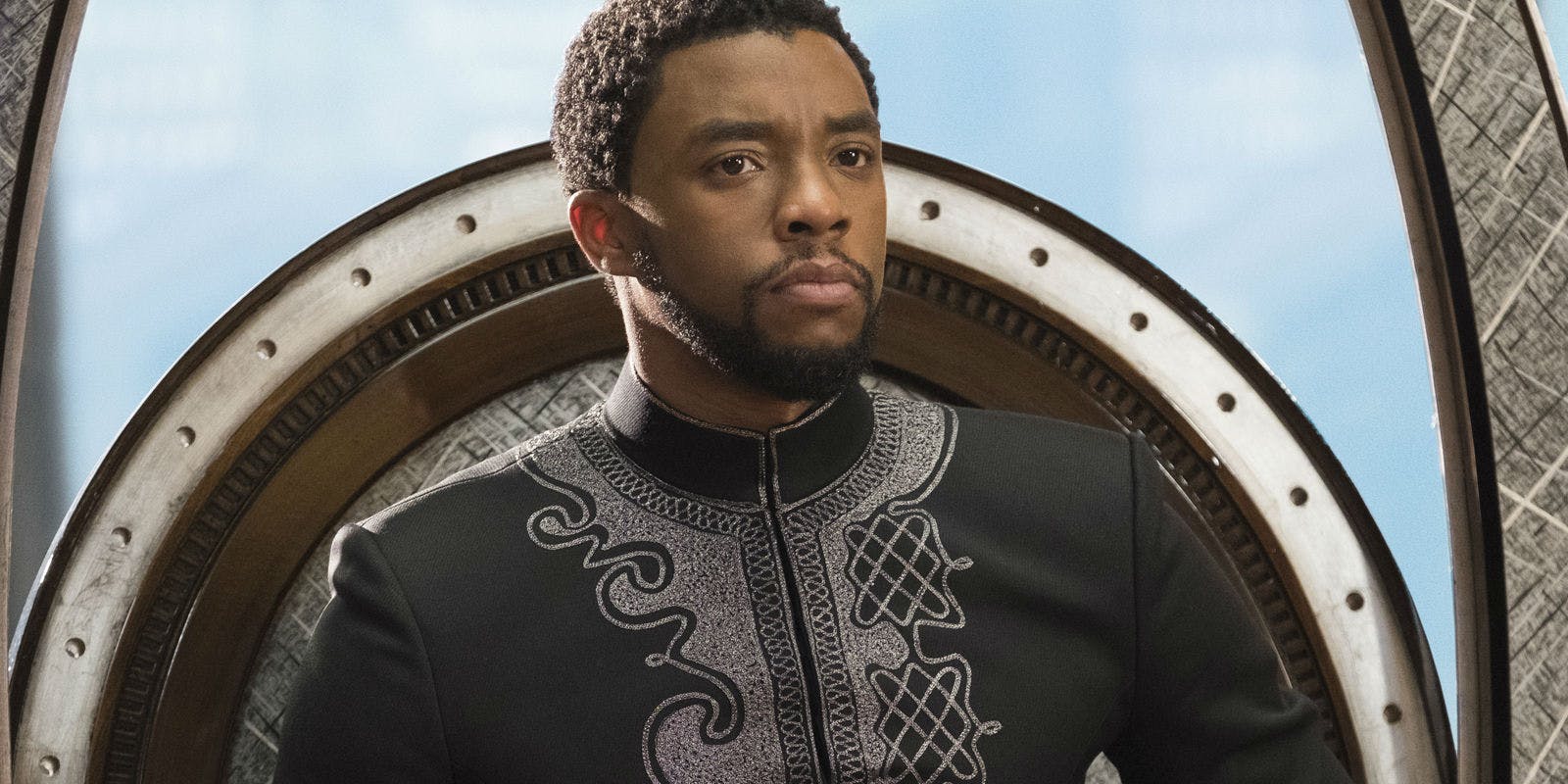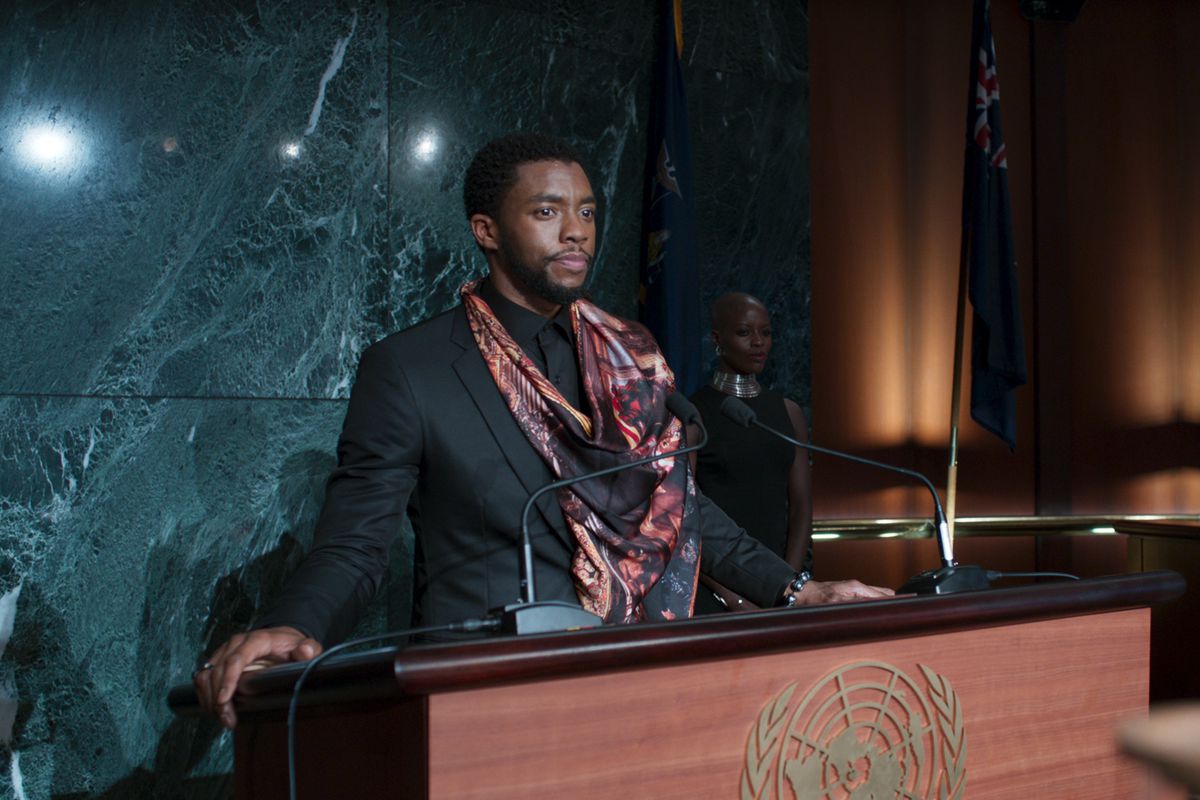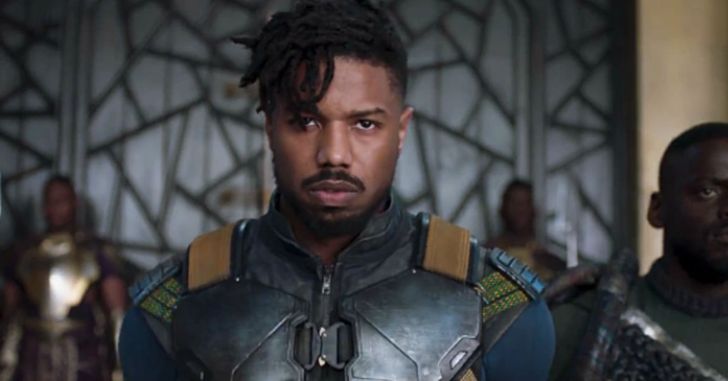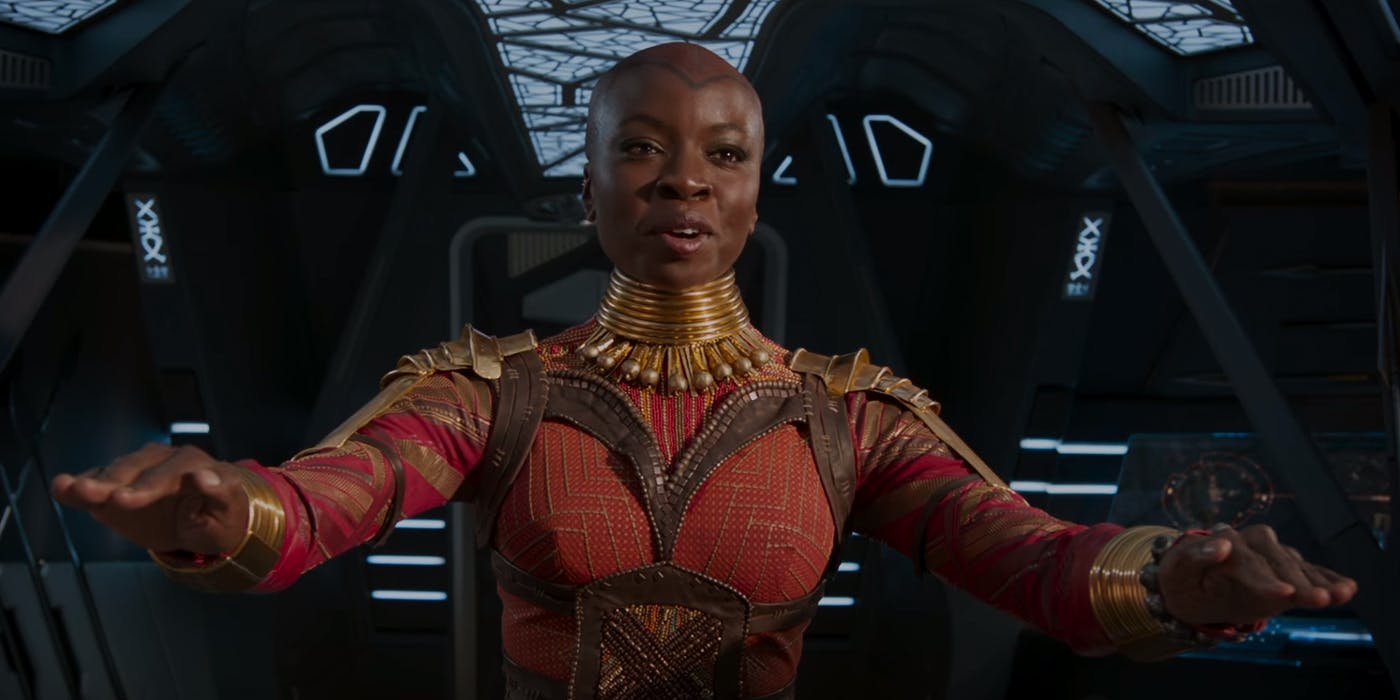
Some will read the title of this article and immediately make up their mind about the author. Since this article will touch upon some of the more troubling aspects of identity politics, it will undoubtedly cause some polemic debate. If you don’t like this film, then apparently you’re not seeing things clearly.
If you don’t necessarily subscribe to some of the political rhetoric spoken by the film’s hero and its villain, then you are in dire need of enlightenment. If you are skeptical about the film’s cultural importance, then your views must be clouded by the privilege of your skin color.
This article will not be solely devoted to the manic following of the perceived social significance of “Black Panther,” but also on the film’s aesthetic flaws. With all this, it must be said that “Black Panther” is a good film and certainly deserves to be, at the very least, in the top 10 of the Marvel staple.
While I don’t personally take these films in such a regard as many others do, I do admit that they are well-made films and the idiosyncratic style of “Black Panther,” thanks to the directorial whims of Ryan Coogler, makes it stand out among the more generic ones.
But I do feel that much of the film’s lauded praise has less to do with the film’s quality and more to do with the culture of identity politics. It’s about what many people perceive this film rather than what it actually is.
Identity politics, whether in favor or not, have been a profitable marketing tactic. Even if it might alienate a large group, it will also encourage a lot of people to see it, even if the product in question is not nearly as political as many people think. The goal is to manufacture hype by any means possible, and one of them could be via the exploitation of the current political culture.
The retweets, the tedious debates on YouTube, the clickbait articles – it’s all about getting people curious and making people give up their money willingly. Once you finally see the film, you realize that despite the film’s many qualities, it’s still nothing more than a well-made corporate product.
None of this makes this a bad film but we need to be honest about its flaws and ponder critically, whether or not “Black Panther” really means what many think it does. No matter how smart we think we are, nobody’s truly immune to smart marketing. Our most favorite corporate predators know exactly how to lead us into their jaws by flooding our Facebook and Twitter feeds with hot button issues.
Nobody’s really “woke” because the trap is too well-crafted and before you know it, we are amidst fake outrage and fake news. We are desperately protecting our bubble from discourse and while this is happening, the moneymakers are just making more and more money.
It’s a brave new world, but nothing much has changed.
7. The Standard Marvel Ending

Besides the film’s idiosyncratic flourishes, from its African-inspired score and slight political subtext, it could not escape the dumbed down, all too familiar Marvel ending. There is your standard countdown followed by massive (computer-enhanced) explosions. Worst of all, the ending of “Black Panther” involves people riding CGI rhinos. And it’s as dumb as you can imagine.
All of this ruins the suspense it could have engineered if it kept it smaller, more intimate, more character based. We don’t need armies flocking into each other, save that for the next Avengers installment – which from the looks of the trailer looks positively exhausting.
The actual violence, because it needs to appeal to a younger audience as well, is relatively bloodless and without grit. It’s hard to be worried about the main character if he can survive spectacular injuries without sustaining much if any serious injury. I know it’s part of the genre itself, but this is why “Logan,” with its visceral bloodletting was something special. It just becomes tedious and boring and you’re just waiting for the noise to stop. Not every Marvel film needs to turn into a CGI cartoon at the end.
What they don’t seem to understand is that people aren’t as hungry for this action anymore. People really want to care about the characters. If the viewer is already invested in the characters, you don’t need to go overboard; you can make it nice and simple and be often more effective that way, as the final season of “Sherlock” should have done.
The fight scene between Captain and Iron Man, for instance, where you are watching two characters you care about fighting each other, is more exciting than anything we see at the end of “Black Panther.”
6. The Wasted Potential Of Killmonger

The most baffling praise for “Black Panther” goes to its main villain, Killmonger. The character has become quite popular, deemed one of the best villains in the lackluster rogues’ gallery of the MCU, and articles have even theorized that he’s the real hero of the film. This might be due to Michael B. Jordan’s excellent performance, which most certainly stands out. But the character itself, his history, and his motivations have so much more potential and the film barely reaches the surface.
When we are first introduced to Killmonger, he’s standing in a London museum lecturing a museum curator about her country’s colonial past. Soon enough, she is brutally murdered by his criminal partners and he doesn’t seem to care about her life at all. His introduction shows ruthlessness, which continues throughout the film, right until his final demise; there’s even a scene where he kills one of the film’s heroes, slicing her throat right in front of her friends and smiling as he does it.
This isn’t necessarily a bad thing because he’s the villain, after all, but the film hints at his nobler intentions, in his wish to save “his people” from oppression. This is the aspect that makes him popular among his fans. For many, he seems to represent the vengeful fury of the victims of colonialism, a product of the great many sins of the past. If this is true, the writing simply fails to properly exploit this idea.
There’s a wonderful scene where Killmonger enters the spirit world and meets his estranged father. We witness his muted humanity, his father’s regrets for having inspired him on his corrupt path. The problem here is that we never see the struggle of Killmonger’s youth, and looking at his accomplishments, he seems to have done quite well for himself – if one aspires to be a murderous mercenary.
We don’t see and only get a vague idea of Killmonger’s activist education. He apparently wants to liberate people of “oppression,” but what cultures is he specifically talking about? About the oppression of women and gays in Arabic countries, perhaps? A great part of his mission was motivated by vengeance and this makes more sense, yet the film keeps reminding us of his more noble intentions.
All of this would have been interesting to explore, but since this is a Marvel film, we only get the bare minimum of his interesting motivations. If it didn’t have to appeal to the general fanbase of Marvel, we could have gotten something far more interesting.
His dying words comes with the mention of slavery, but the emotion behind them seems hollow, closer to the hypocritical jabbering of an extremist lunatic than a noble warrior. It seems tacked on, not genuine. There’s so much more potential here. It’s not enough to make references to colonialism or refugees. It deserves more than what the film gave us.
The excessive love for the character, in my mind, seems to represent a disturbing trend in identity politics, where a character is revered for espousing anti-colonial rhetoric no matter his murderous deeds. All I saw was a ruthless mercenary whose nobler intentions were vague and hypocritical. If the film wasn’t engulfed in Marvel superficiality, perhaps the character would have been given more humanity and a clearer motivation.
5. The Supporting Characters Are More Interesting Than Black Panther

A common issue with superhero films is that the main hero is often overshadowed by either the villains or the supporting cast. “The Dark Knight” is a perfect example of this – everybody was talking about Heath Ledger’s performance instead of Christian Bale’s. As the long the lead is compelling enough, it doesn’t necessarily have to hurt the film’s quality.
But even though Chadwick Boseman is certainly a capable actor and does more than a fine job, you do find yourself wishing by the end of the film that it focused more on T’Challa’s trusted bodyguard Okoye (played wonderfully by Danai Gurira). One of the most memorable sequences in the film is Okoye’s fight scene in the casino. Perhaps it’s the unusual but fun theme song of Okoye that plays in the background, but we get such an equally exciting moment with “Black Panther.”
Part of this is because T’Challa is written as a virtuous character with nearly no flaws, while Okoye is shown to be temperamental and passionate. There’s also T’Challa’s industrious sister Shuri (Letitia Wright) who humorously questions Wakanda’s customs and has a youthful excitement throughout the events of the film. It’s not that T’Challa doesn’t have a decently written arc – his discovery of his father’s moral compromise and his decision to mend the sins of the past – but it just doesn’t make his character anymore compelling.
Perhaps one could argue that his virtuous nature is akin to Superman, but T’Challa is also mopier, taking his duty as Black Panther almost as a burden. Superman, meanwhile, did it for truth, justice and the American way. The script simply doesn’t allow the character to have enough fun.